What price do you pay for winterizing too late in the season?
Whoops, did you forget what tools are needed for properly winterizing your pool?
When it comes to closing your pool for the season, Buds Spas has all the hardware, tools and accessory items required to safely maintain coverage over the winter. Whether its protecting against high winds, rainfall, or ice damage we have the experience to securely close your pool before the season is over.
Learning how to winterize your pool the right way will save hours of maintenance and headaches during opening season. This way, you can enjoy your pool for the entirety of the summer season.
Here are some helpful tips to consider when winterizing an inground or above ground pool. Click here for a more detailed guide assembled by our experts.
Before you get started
Wait until pool season is officially over, when the weather is consistently around 18 degrees Celsius or lower.
First, consider your toolkit and materials. Do you have the following?
- Pool test kit and strips
- Pool skimmer
- Chlorine
- Pool balancer
- Pool vacuum
- Pool cleaning kit
- Shock
- Pool cartridge filter
- Pool cover supplies
1. Test the water
Use testing strips or an at-home pool test kit and balance your water based on the test results. Ideal levels should be:
- Alkalinity: 80 - 50 ppm
- Hardness: 175 – 275 ppm
- pH levels: 7.2 – 7.6
2. Clean the pool and the filter
- Remove any floating debris with a pool skimmer
- Use a pool vacuum for removing debris on the pool floor
- Make sure to empty the skimmer baskets
- Backwash the filter and thoroughly clean it
3. Shock your pool to destroy bacteria
- Shock your pool according to the manufacturer’s guidelines
- Remember to circulate your water for at least 4 hours to allow the product to dissolve and disperse properly
4. Run your pump after treating with algaecide
- Remember to let the pump run for a minimum of 24 hours to let the product circulate effectively
5. Turn off all pool equipment for the winter
- Consider partially draining your pool to below the skimmer and return lines. Check with your municipality for any rules around discharging pool water.
- Remove all drain plugs
- Remove pool pump, chlorinator, and hoses
- Follow manufacturer’s instructions whether you have a sand filter, cartridge filter, or DE filter
6. Securely cover your pool for the winter season
- Remove the fitting on your return line and plug it appropriately
- Drain pool if you haven’t done so already, just below skimmer and return lines
- Remove ladder and any other deck equipment. Diving boards and slides can be left out over the winter, but it’s recommended to cover them with builder’s plastic.
- Put on the pool cover and secure with proper winter cover clips. Fabrene cover owners will need to unfold their water bags, fill them with water and place them around the pool’s perimeter.
Some winter reminders
- Check your water levels regularly
- Drain any excess water off the cover as it accumulates
- Regularly remove any leaves or debris from the cover
Professional pool closing services vs. DIY winterization
Buds Spas offers professional closing services to protect your swimming pool from the wear and tear of winterization. While it is important to understand the fundamentals of winterizing your own pool, hiring professionals can save time and money wasted on unnecessary repairs and maintenance. This allows for a longer swimming season with more time spent enjoying your pool instead of worrying about when to close it!
Shop our online pool supply store for pool closing supplies or reserve winterization services before the summer falls into winter season.
RELATED ARTICLES

Luna + Solei: 24/7 Pool Care That Works While You Rest and Play
Luna + Solei: 24/7 Pool Care That Works While You Rest and Play What if pool care worked around your schedule-not the other way around? With Luna + Solei, you can finally enjoy a backyard pool that’s clean, clear, and low maintenance-without constant testing, shocking, and balancing. This revolutionary Day & Night Pool Care System…
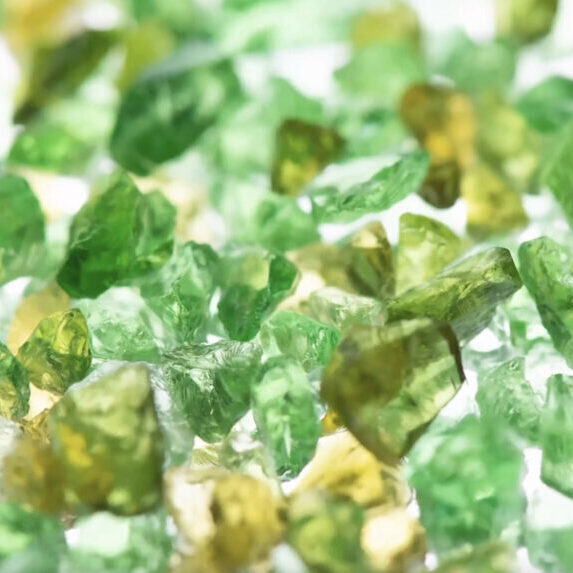
Upgrade Your Pool Filtration with AFMng: Say Goodbye to Sand, Hello to Sparkling Water
UPGRADE YOUR POOL FILTRATION WITH AFMng: SAY GOODBYE TO SAND, HELLO TO SPARKLING WATER If you’re still using sand in your pool filter, it’s time to rethink your water care. At Buds, we’re always on the lookout for the best solutions for our customers-and AFMng is a game-changer. Made from recycled, activated glass, AFMng is…
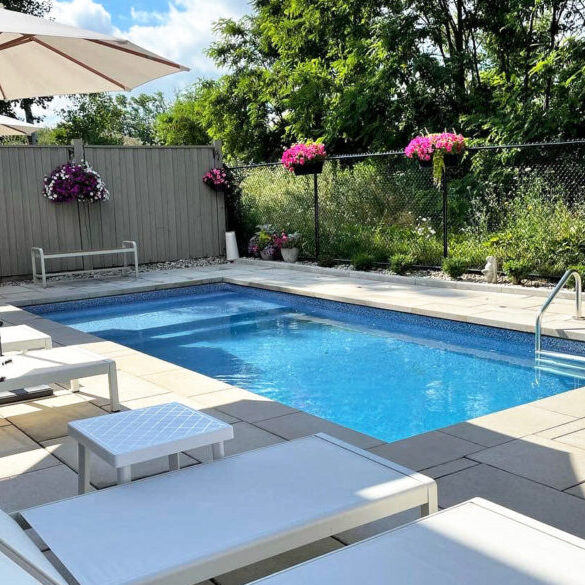
Plunge Pool vs. Traditional Swimming Pool: Which One Is Right for You?
Plunge Pool vs. Traditional Swimming Pool: Which One Is Right for You? When designing your dream backyard oasis, one of the biggest decisions is choosing between a plunge pool and a traditional swimming pool. While both offer the joys of relaxation and recreation, they differ significantly in size, maintenance, cost, and suitability for various lifestyles…
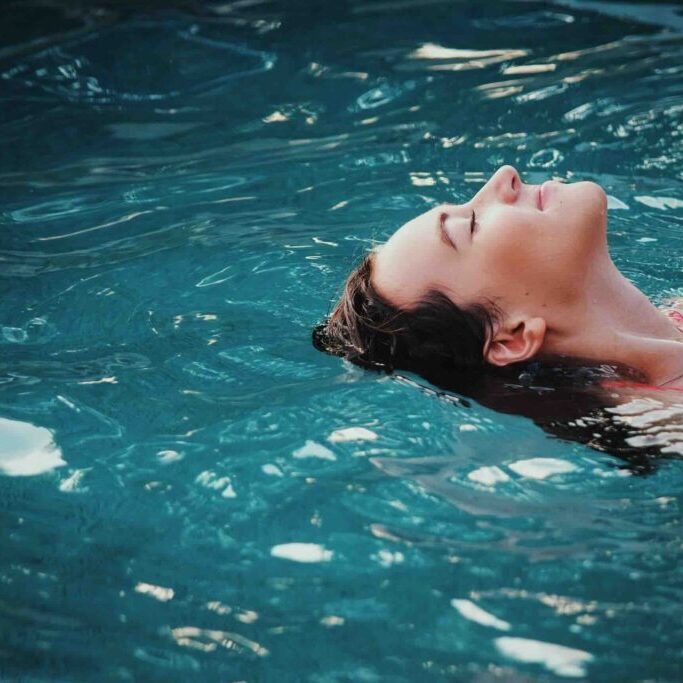
What is a plunge pool, and should I get one?
What is a plunge pool, and should I get one? If you’ve been researching pools at all this year, you may have noticed that plunge pools are seriously trending. While you probably have some idea of what a plunge pool is all about, you might be wondering about the specifics that make these pools different…
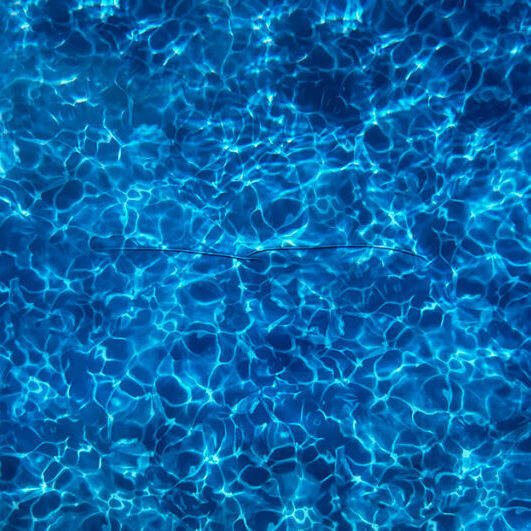
Understanding and Addressing Pool Liner Wrinkles
Understanding and Addressing Pool Liner Wrinkles When it comes to pool liner wrinkles, it’s crucial to distinguish between those caused by installation issues and those arising from other factors. If a wrinkle appears due to a poor fit or incorrect measurements during installation, it will be evident as soon as the pool is filled. Wrinkles…

What is a Pool Orientation and Why is it Essential for New Pool Owners?
What is a Pool Orientation and Why is it Essential for New Pool Owners? Owning a pool is a luxury that brings fun, relaxation, and a perfect gathering spot for family and friends. However, with this luxury comes the responsibility of maintaining and managing your pool to ensure it remains a safe and enjoyable space.…
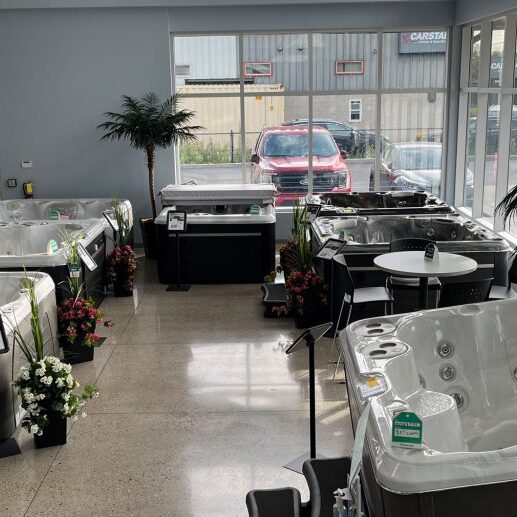
Benefits of In-Person Shopping for Hot Tubs, Pools & Swim Spas
We know that online shopping can be convenient. But at Buds we still believe that hot tubs, swim spas and pools, not to mention their parts and supplies, are best shopped for in person.
So while you might start your shopping journey online, we hope that you’ll take the chance to visit us in store before finally making your purchase.
There are many reasons why we think brick-and-mortar stores like Buds are the smart choice for customers.
Check out our top reasons and let us know if you agree!
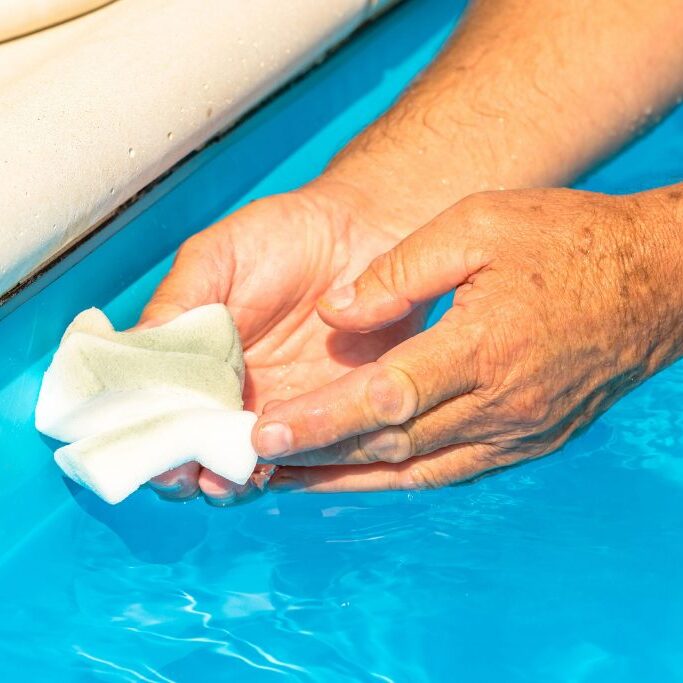
How to Treat and Prevent Metals and Staining
How to treat and prevent metals and staining Metals and Staining in a Pool Metals can be introduced to the water through foreign object or equipment such as: Copper piping and fittings, Heat exchanger, Using Copper Sulphate and other copper-based algaecides, Source water. Metals in pool water may cause staining to the liner, fiberglass, or…

Should I finance my pool purchase?
In its most formal application, contrast hydrotherapy involves alternating between immersion in hot and cold water. It’s a practice with growing popularity among athletes and health enthusiasts for its many reported benefits.
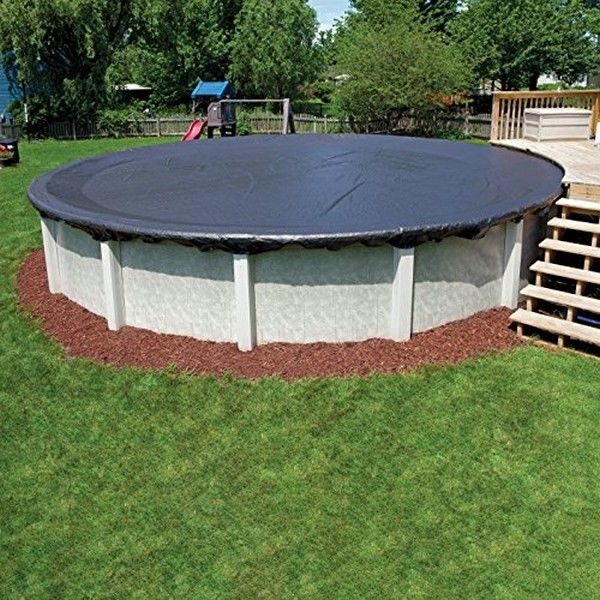
Above Ground Pool Closing Instructions
How to close your above ground pool Pool Closing Steps 1 One week prior to closing, bring a pool water sample to the store so your pool can be properly balanced. It is natural for sitting water to become acidic on its own, so balancing the water is very important prior to closing your pool.…
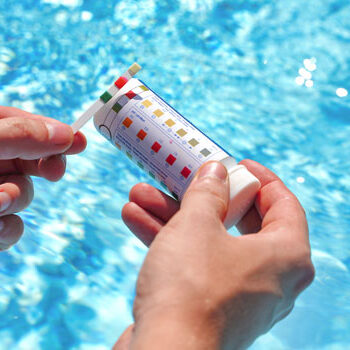
The Benefits of Borate to Treat Your Pool
Why Your Should Use Borate In Your Pool What is Borate? Borate prevents pH drifting, which results in calcium scaling, metal stains, cloudy water, algae, and hard pool water. When you use borate, the water will remain clear for a long period since chloramine (or combined chlorine) does not form quickly as compared to a…
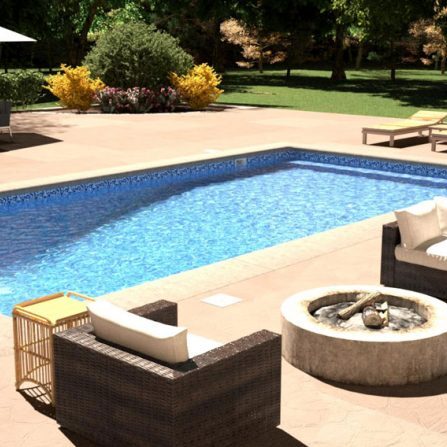
How to Reduce Phosphates in Your Pool
How to Reduce Pool Phosphates What are phosphates? Phosphates are food for algae. Although they are present in all water, once they reach a certain level they can cause issues in your pool. Phosphates can consume chlorine causing a consistently low level in your pool. When you have an extremely low chlorine reading, your pool…
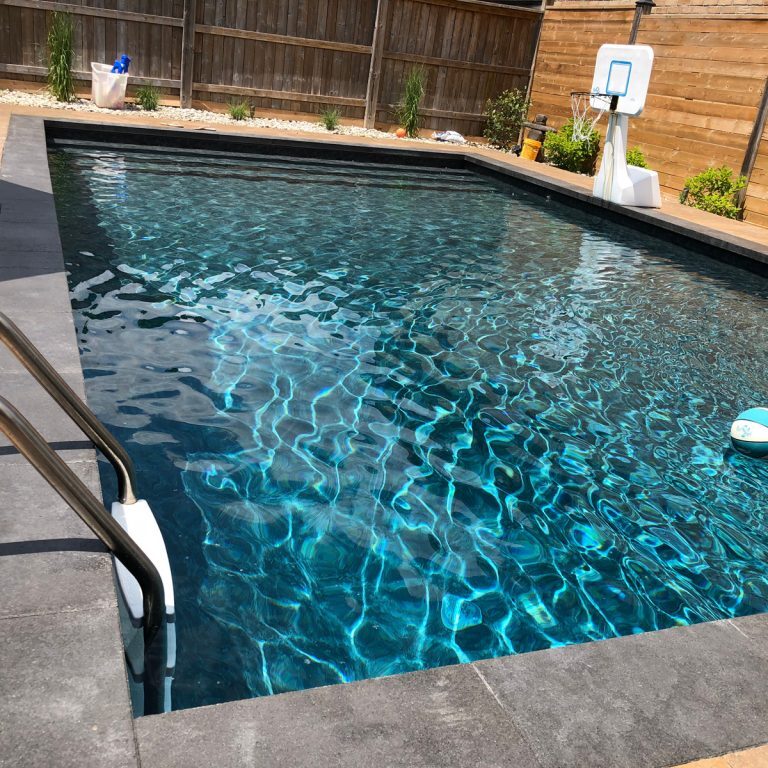
Spring Set-up for Pool UV Systems
How To Open Your Pool’s UV System SET-UP INSTRUCTIONS When spring arrives, it’s time to pull out your UV system and get it ready for the summer pool season. Below is a checklist that will help in getting the most out of your system. If your UV system is still installed on your pool equipment,…
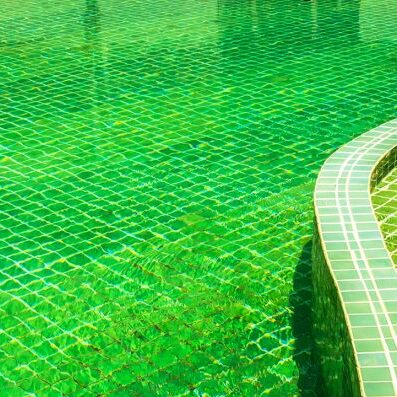
How to Treat Pool Algae
How to Treat and Prevent Algae How to Treat and Prevent Algae during Spring Opening Warning: when following these steps, DO NOT use your automatic vacuum as there is no option of vacuuming on waste/drain. Bring a pool water sample into Buds for water balance assistance. Remove large organic debris from the bottom of the…
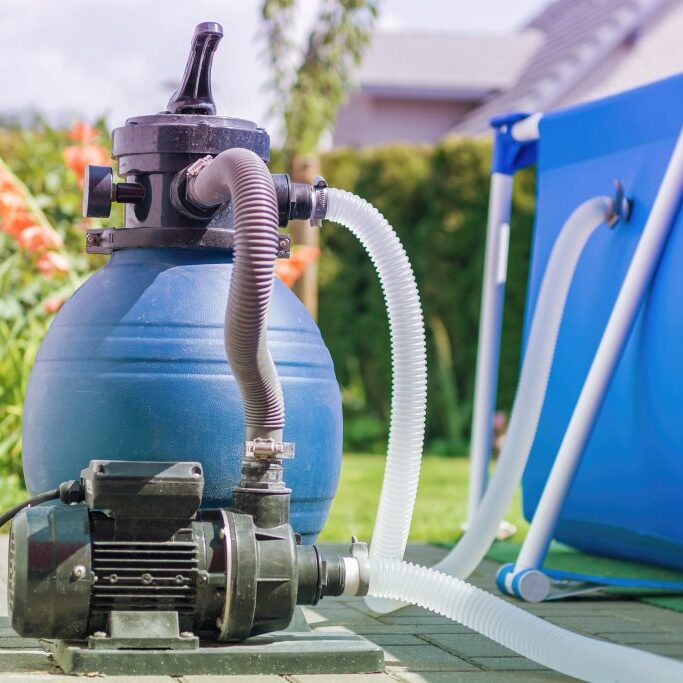
How to Change & Clean the Filter Media
How to Clean & Change a sand filter How to Change the Filter Media Sand should be changed in the filter every 3-5 years. However, if the sand is not cleaned once per season the sand may need to be changed much more often than that. 1 Turn off the pump. 2 Take the drain…
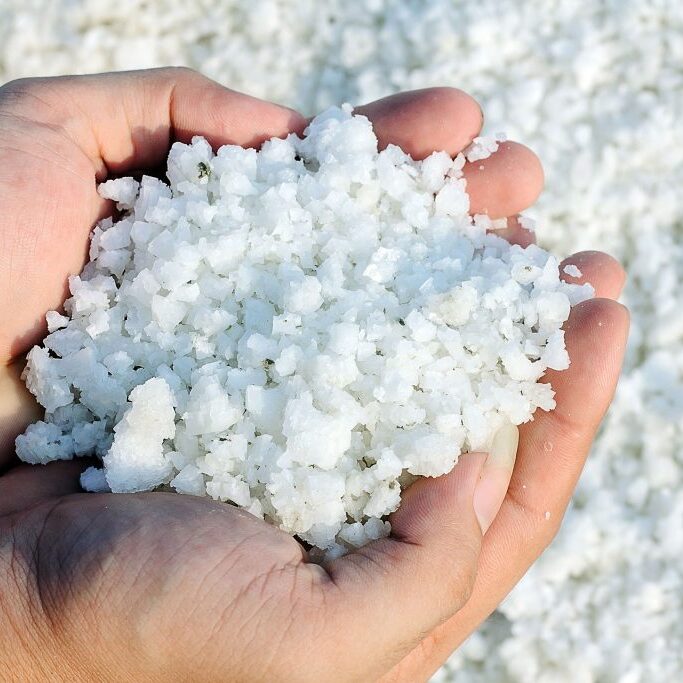
How to Clean a Pool Salt Cell
How to Clean a Salt Cell It is important to maintain a clean salt cell so chlorine can be continuously produced. Salt cells that have a lot of scale or calcium build up cannot effectively produce sanitizer and often create flow issues within the pool system. You should check your salt cell weekly to ensure…
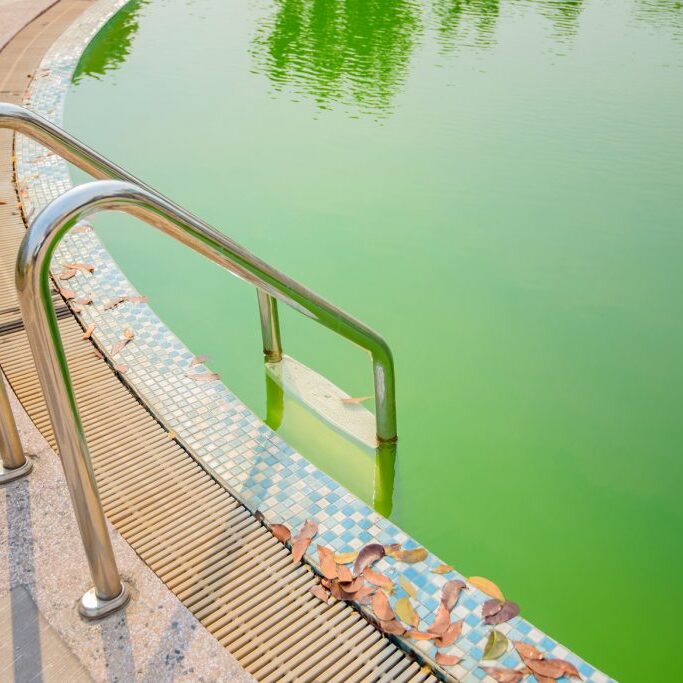
How to Treat and Prevent Cloudy or Foggy Pool Water
How to Treat Extremely Cloudy or Foggy Water How to Treat Extremely Cloudy or Foggy Water Bring a pool water sample into Buds Spas and Pools for water balance analysis. Adjust pH and/or chlorine levels as recommended by the water lab. Follow Option A, B or C depending on the level of clarity in the…
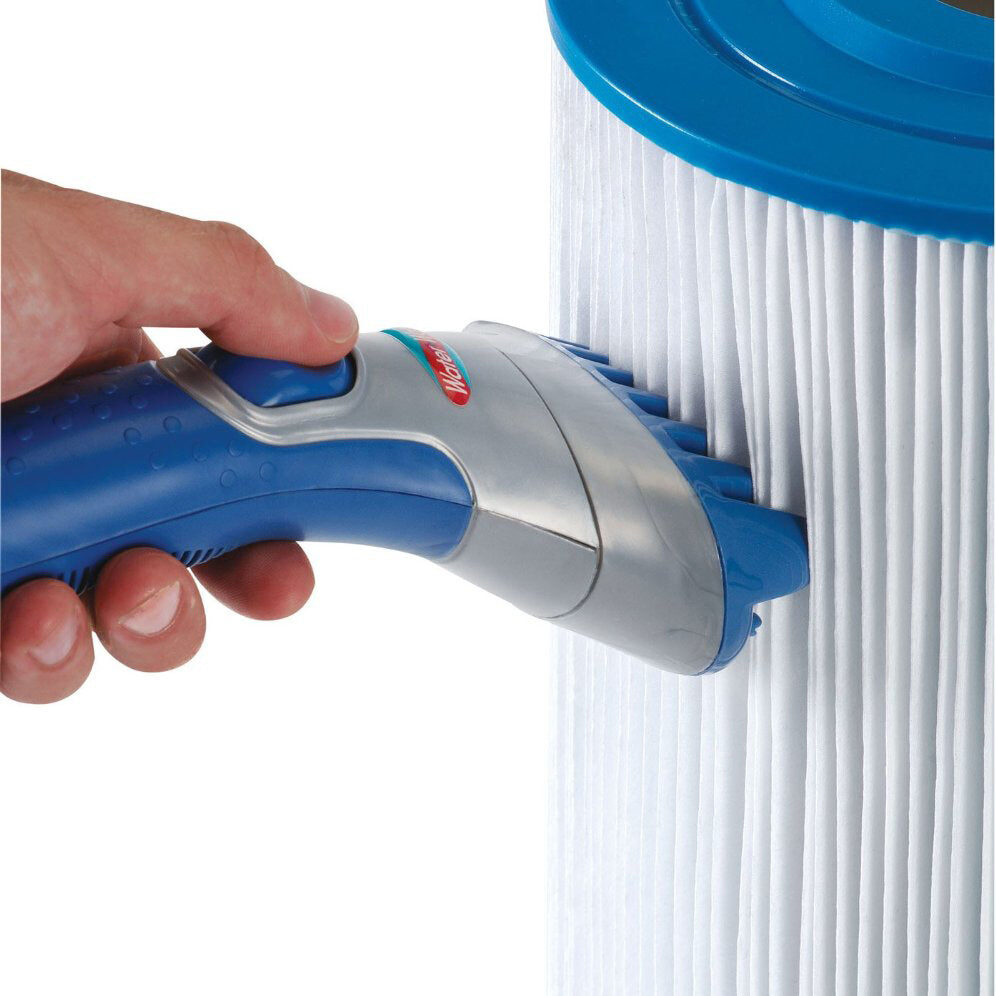
Pool Filter Cartridge Cleaning Instructions
How To Clean A Pool Filter Cartridge When should a cartridge element be cleaned? For hot tubs and swim spas, establish a routine cartridge cleaning schedule based on the amount of spa usage. This should include rinsing the cartridge weekly (or more frequently with heavy use), as well as using Rapid Action Filter Cleanse every…
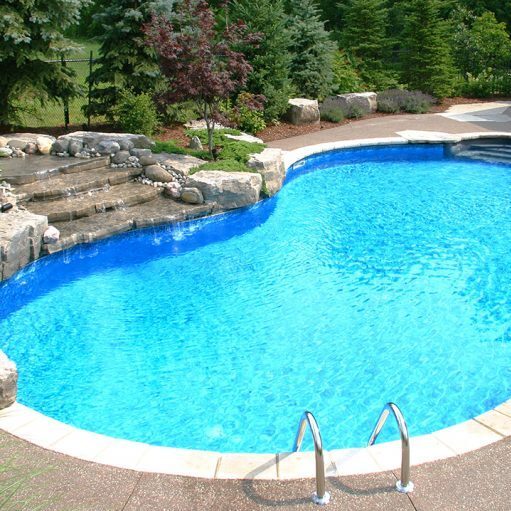
Maintenance for Saltwater Pools
Saltwater pool maintenance Helpful Tips to Maintain Your Pool New pool or new liner customers: Please bring in a water sample to Bud’s Spas and Pools before adding any chemicals and/or before entering your pool for the first time. Filtration To maintain proper filtration the pump should be operating 24/7. If your pump is on…
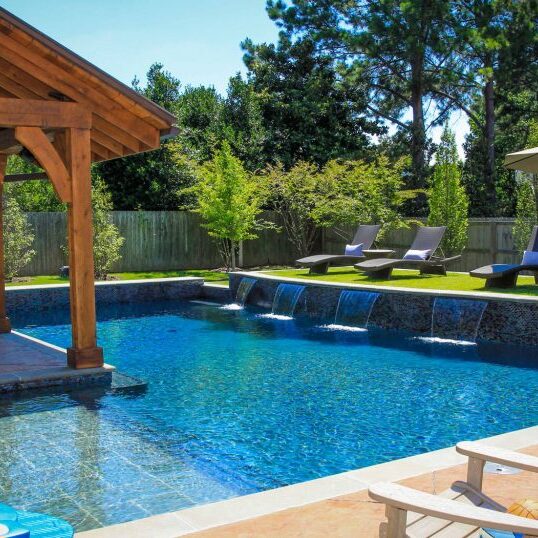
Maintenance for Non-Saltwater Pools
Non-saltwater pool maintenance HELPFUL TIPS TO KEEP IN MIND WHEN MAINTAINING YOUR POOL NEW POOL OR NEW LINER CUSTOMERS:PLEASE BRING IN A WATER SAMPLE (IN THE SAMPLE BOTTLE PROVIDED) TO BUDS SPAS AND POOLS BEFORE ADDING ANY CHEMICALS AND/OR BEFORE ENTERING YOUR POOL FOR THE FIRST TIME. Filtration To maintain proper filtration the pump should…